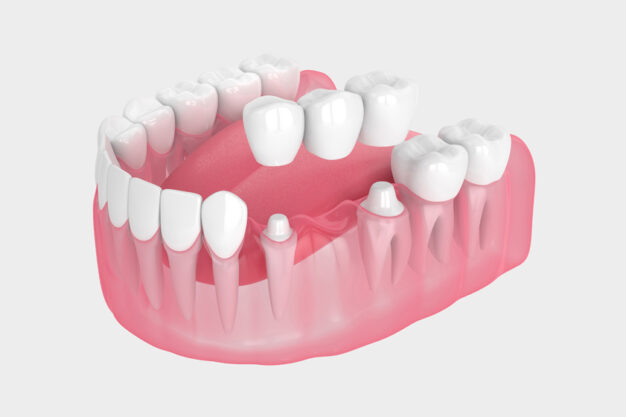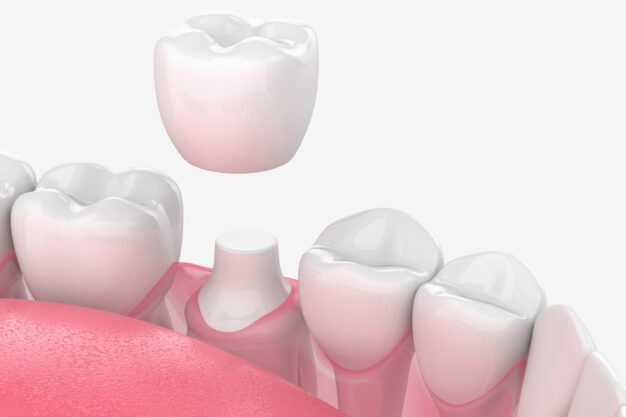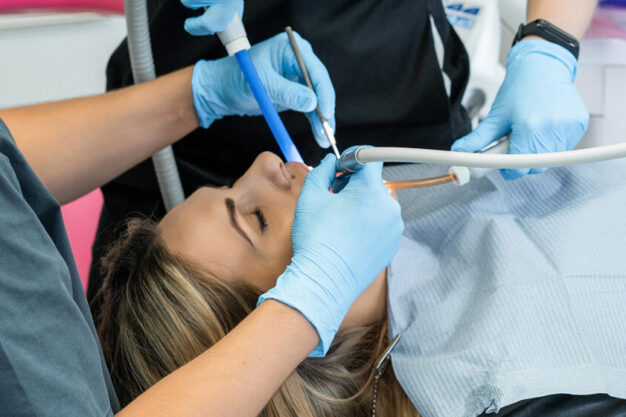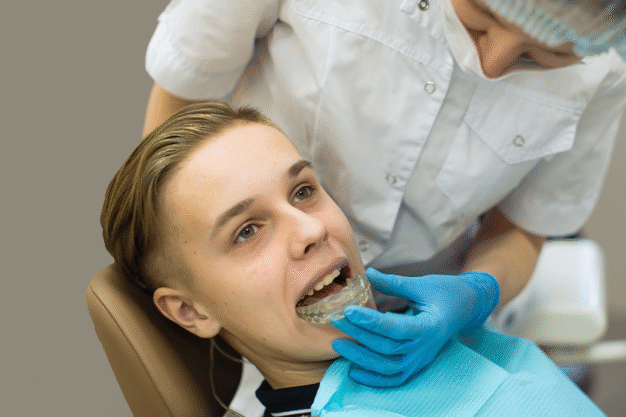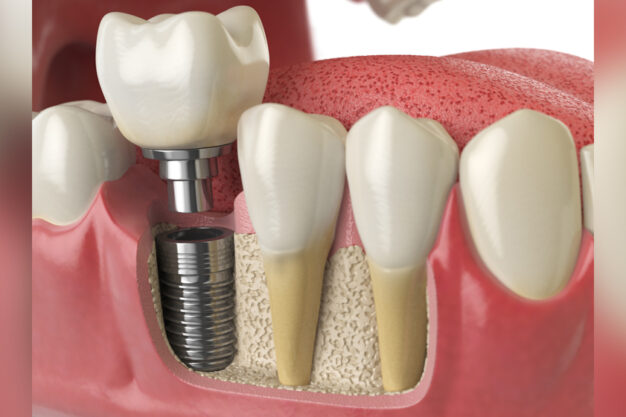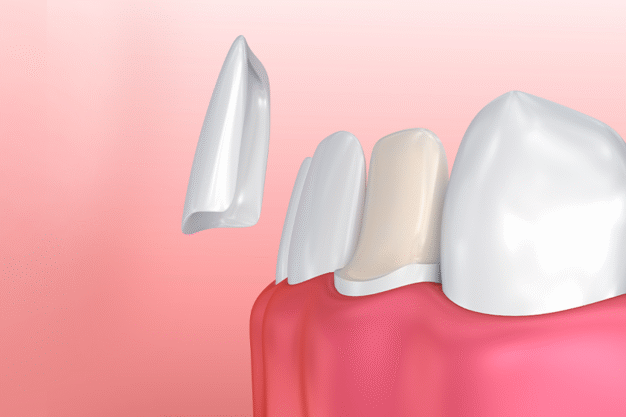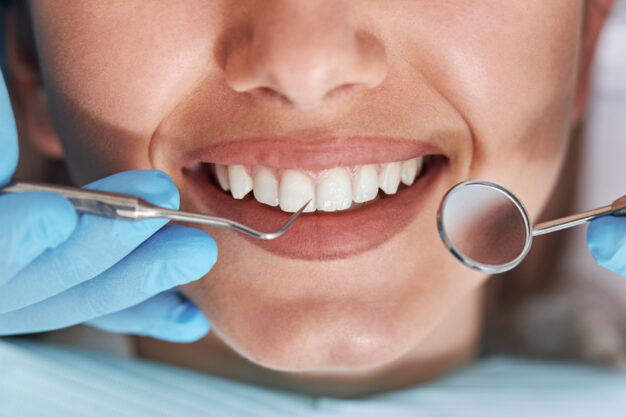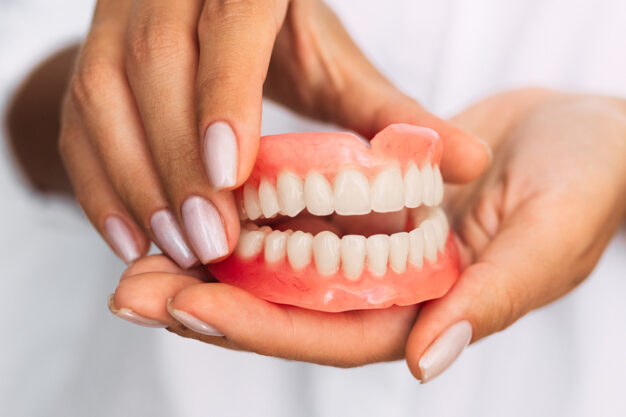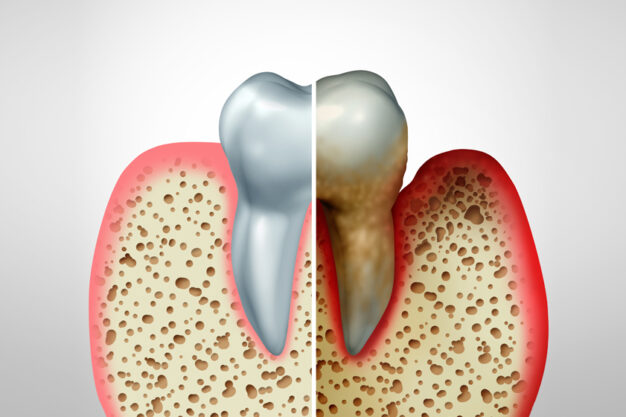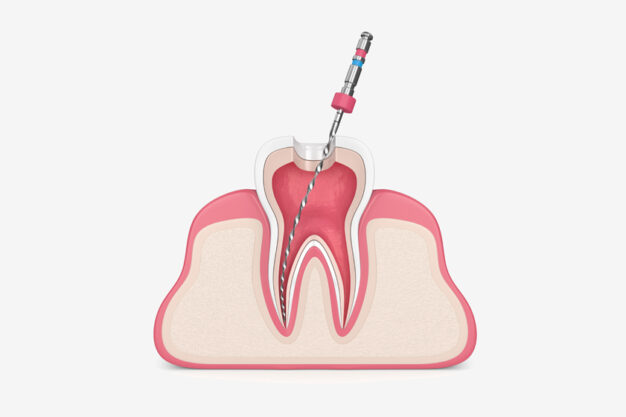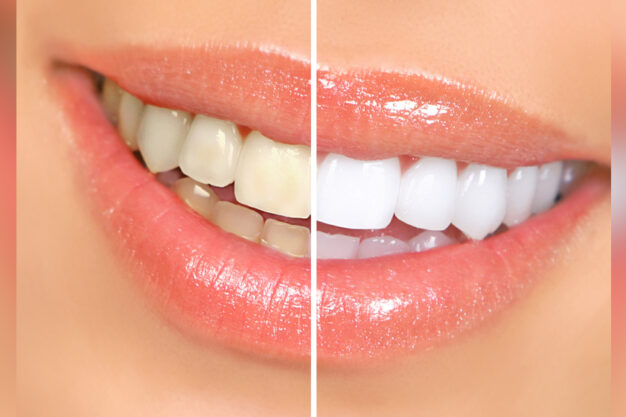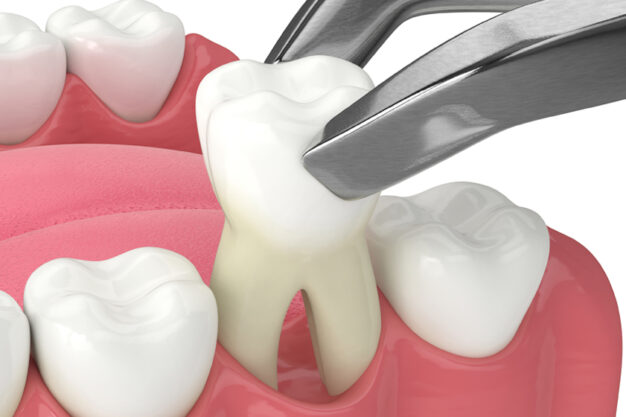Dental Bonding

Dental bonding is a procedure that uses a tooth-colored resin to fix teeth that are chipped, cracked, or uneven. This resin is shaped and hardened directly on the tooth surface to restore its natural look and function. Bonding is commonly used for cosmetic adjustments as well as minor repairs that don’t require crowns or veneers.
When Should You Consider Dental Bonding?
Dental Bonding in Wyckoff is often recommended when a tooth has cosmetic flaws that don’t involve major structural damage. It can be a suitable option for:
-
Minor chips and fractures
-
Small gaps between teeth
-
Discoloration that doesn’t respond to whitening
-
Irregular or short teeth
-
Protecting exposed roots due to gum recession
It is a non-invasive and reversible procedure, typically completed in one visit.
If you’re consulting with an experienced dentist in Wyckoff, they may suggest bonding when the issue is limited to a small area and doesn’t require extensive restoration.
How Dental Bonding Works?
The procedure starts by slightly roughening the tooth surface and applying a conditioning liquid to help the resin adhere. The dentist then applies a color-matched composite resin, shapes it to the desired form, and hardens it with a curing light. Once hardened, the tooth is polished to ensure it blends in with the surrounding teeth.
This process requires precision and attention to detail, often handled by an expert Wyckoff dentist familiar with cosmetic restorations.
Advantages of Choosing Bonding
-
Completed in a single visit
-
Preserves more of the natural tooth structure
-
Less costly than crowns or veneers
-
No anesthesia required unless used for decay
-
Easily repairable if damaged
Bonding is best suited for low-pressure areas of the mouth, such as front teeth that aren’t subject to heavy chewing. Consult a trusted dentist near you in Wycoff to determine whether bonding is appropriate based on tooth location and function.
Caring for Your Bonded Teeth
Bonded teeth require the same care as natural teeth. Daily brushing, flossing, and regular checkups help extend the life of the restoration. Avoiding habits like nail-biting, chewing ice, or biting pens can reduce the risk of damage to the bonded area.
Bonded material may stain over time, so minimizing exposure to coffee, tea, and tobacco can help maintain its appearance.
FAQ
Contact Us Now
Want to fix small flaws and feel more confident in your smile? Contact Elliot P. Frey, DMD, today to schedule your consultation. Let’s create a smile that works for you, one detail at a time.
